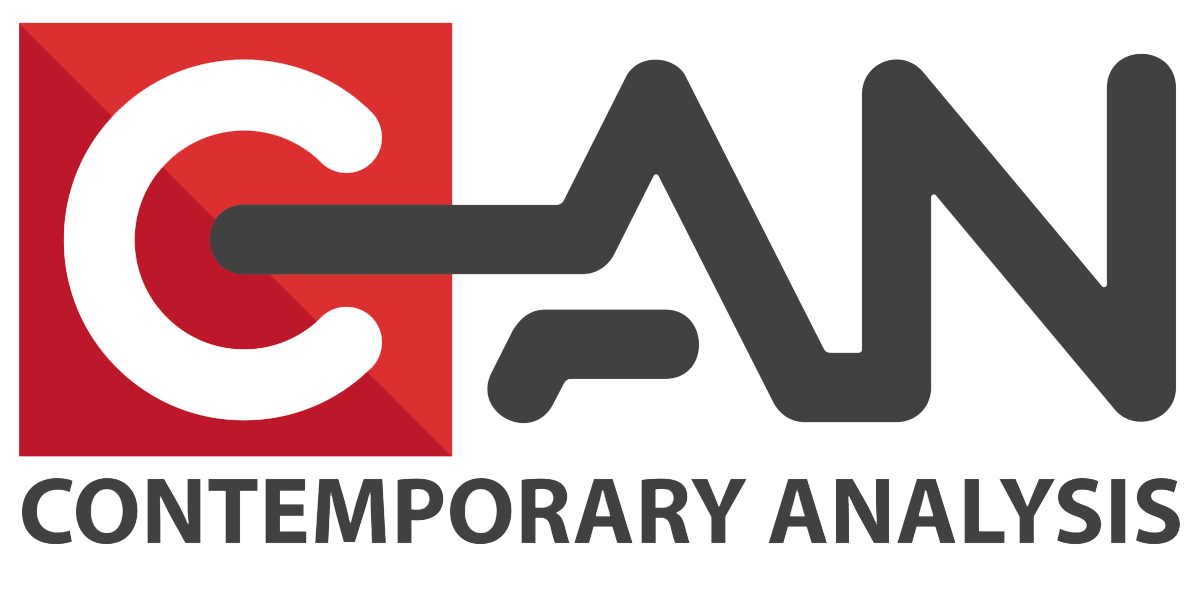I got to cross something off my bucket list this year, I was a pastor in a wedding....
News
read more
Contemporary Analysis Job Board: Data Scientist
Contemporary Analysis (CAN) is a global data science company based in Omaha, NE that...
Dashboard Design: Bullet Graph vs. Bar Chart
We invest a lot of time and energy communicating our research, because unless we can...
Dashboard Design: Teaching Strategic and Analytical Thinking
At CAN, we exist to provide our clients with leading edge methodologies that are both...
Be First and Influence the Purchasing Process
I just got off the phone with a friend of mine in the Hotel business in Omaha. It was an...
Cold Calling Works Again
Cold calls used to work, then they didn't and now they work again. I used to agree with...
Grant's Interview with NebraskaEntrepreneur.com
NebraskaEntrepreneur.com recently ask readers to nominate entrepreneurs and companies...
Identifying Your Target Market
When I started my sales career, my philosophy was to let anyone who needed my product...
Using Business Cards
Good networkers typically collect between 3 to 5 business cards for every hour they...
